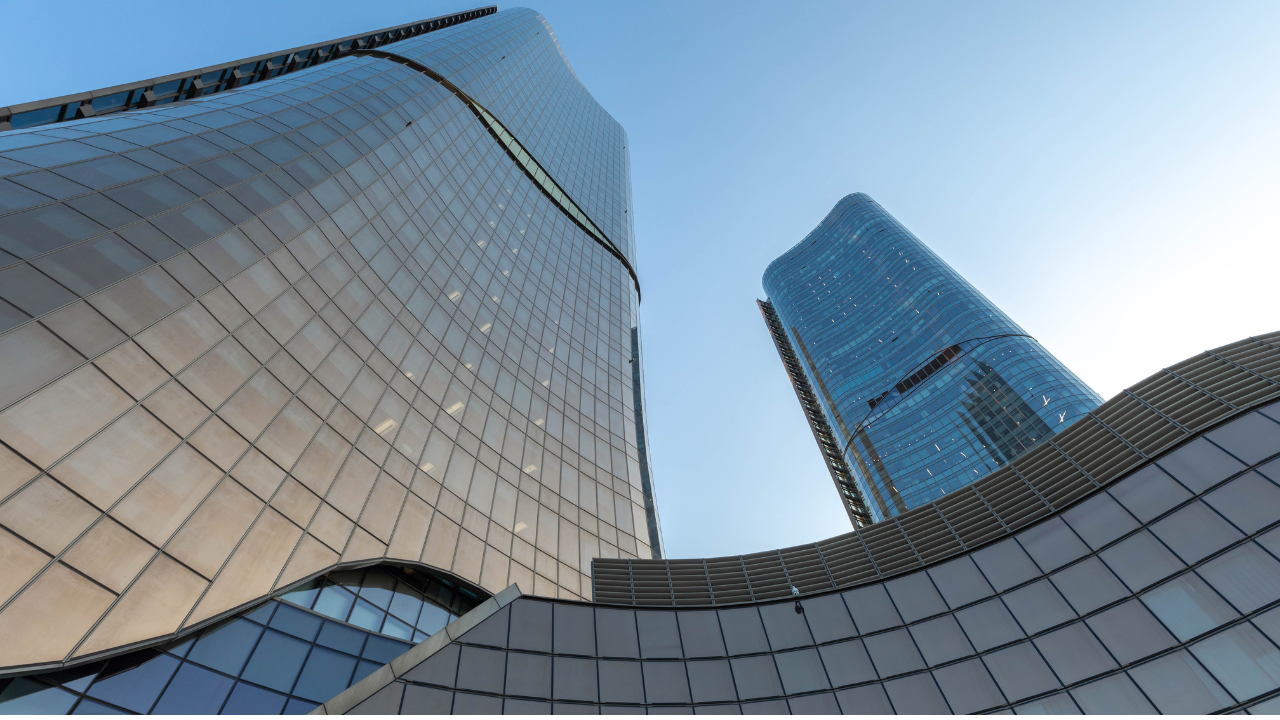With the rise in energy prices, cost of living, stock shortages and many still recovering from the pandemic, business owners are looking for ways to retain employees, increase turnover and stay afloat.
While many changes can be made to a business’s administration processes, the most notable changes can sometimes come from the workplace.
To help, we’ve spoken to finance, construction, technology and more experts to pull together top tips for how businesses in the commercial property sector can protect and better prepare themselves for unprecedented challenges.
Make your business more resilient
The past few years have highlighted, more than ever before, the importance of business resilience and how business owners need to be prepared to adapt to unprecedented disruptions, whether these be financial or physical obstacles.
A business resilience plan sometimes referred to as a contingency plan, will provide solutions to possible situations a business may face. Having these in place earlier can help you adapt to problems quickly and reduce the potential damage that could be caused.
Rick Smith, Managing Director of Forbes Burton, shares: “We would expect more businesses to be prepared to adapt to new disruptions following the impact of Covid. But it can take time for business owners to learn lessons and even more to put something into place.
“At a minimum, business owners should make sure they have crisis management plans to guide them should something unexpected happen. We would also recommend looking at scenario planning.
“For example, what strategy will they adopt for any given scenario? This may be a cost-cutting exercise or shifting to a new business model, but it should plant a flag to show where they might be heading.
“You should also seek to create an emergency communication plan – how will staff communicate and work during difficult periods? Cashflow scenarios should also be implemented. For example, what would happen if some product line stopped selling or prices went up beyond your control?
“There should be constant monitoring of the marketplace and what is happening in the world. Business owners should update plans based on what is happening around them and seek external advice to validate their ideas.
“Marketing plans are also crucial to success. Marketing is often the service businesses drop investment to first in crises, but this is effectively shutting your shop front. If customers are unaware of your operation, how will they trade with you?
“To not have any plans in place these days seems wantonly irresponsible. If any good has come from the turbulent times we’ve lived through, it’s that businesses will have thought more about their very existence and how they can remain a viable and successful entity.”
Optimise your admin processes
Improving cash flow will seem like an obvious option for keeping a business afloat, but it may not be as simple as getting more customers through the door. Whilst ensuring the practical side of your business is in operation, the financial and administrative side is equally important, and you could be wasting money where it’s not needed.
Rory Spence of The Wow Company shared: “Some companies offer very competitive and simple invoice factoring solutions. This can be great if you have large invoices outstanding with clients who you know will pay late or have lengthy payment terms. Over the last five years, there has been a huge increase in the number of businesses using direct debit solutions for client payments from clients, particularly useful for businesses with recurring payments.
“Cashflow forecasting can often be a lengthy manual task, but it doesn’t have to be! Software such as Flow will integrate your finance software and provide automated cashflow forecasting, which can save a lot of time each month and provide really useful insights.
“I’d encourage small businesses to think carefully about what their standard payment terms are. Sometimes large corporations will demand 60 or even 90-day payment terms, but in other cases, we might be able to influence payment terms. You’re not a bank and shouldn’t be offering 30-day payment terms interest-free if you can avoid it.
“Maintaining cash flow is more important than ever before, and businesses should be considering how many months of overheads they’ve got sat in their bank account as a buffer. Three months is good, and six months plus is ideal. This means that if your business has a downturn in fortunes, you’ve got a buffer to lean back on while you try to turn things around.”
Save energy where possible
Rising energy costs are hitting us hard, personally and professionally, and many businesses now have sustainability as a critical focus. Many are looking to save money where possible whilst working efficiently to turn a profit.
Business expert and CEO of tech firm Connectus, Roy Shelton, shared: “Electricity is generally the biggest cost for most businesses to power computers and other equipment staff need to use. But there can also be huge costs for heating, air-conditioning and water.”
“Several factors dictate the costs of running a business. Businesses that work around the clock can make savings just by turning off computers and lighting over non-working hours.
“To get the best efficiency out of your existing equipment, ensuring it’s maintained effectively is key. When looking at your building upgrade plans, make sure you’re looking for A++ efficiency products, especially those in high-cost areas such as AC, lighting and computers. Also, think carefully about whether you need a large office in the era of home working.
“Solar panels are a smart long-term strategy to save on energy costs and ensure that the energy used in your business is clean and renewable. They may have expensive upfront costs but will recover that over several years.
“No matter how good your systems are, if you have leaks and drafts in your building, your premises won’t be energy efficient. Invest in insulation and double-glazed windows to cut down your energy consumption. Certain roof tiles are better at reflecting the sun’s rays, or you can use heat-reflective paint to reduce the amount of heat absorbed and put less pressure on cooling devices.”
Some glass is manufactured specifically to be energy-efficient and help reduce the need for heating and cooling throughout the year. Replacing single-pane windows with an energy-efficient double-glazed unit can save over £100 a year and reduce carbon usage by over 400kg. Find out more about energy-efficient glass here.
Increase productivity in workspaces
The pandemic has completely changed how we view work. Whilst some businesses have thrived from implementing hybrid working, many and their staff are working to return to normality and see more staff back in the workspace. Although many may believe that employees are hesitant to return to the office full-time, this may not be the case.
A recent survey from OT Group showed that 44% of employees are planning a full or phased return to the office – of which 65% are already back. Even those who wish to maintain some flexibility, 94% indicated that they will spend more time in the office.
These stats further highlight the importance of an appealing and practical workspace where the productivity of your workforce can grow and help you see improvements in work levels and KPIs.
Helen Wellock, Business Partner at OT Group, shared: “For colleagues at all levels, the workplace should be more than a central hub to tick off a to-do list and receive an attendance mark, but a productive place for collaboration, creativity, learning, and belonging. As such, interior design is playing a crucial role in fostering human-centric workplaces – not least when it comes to neurodiverse employees.
“As highlighted in a recent article by HR Magazine, leaders that wish to promote an inclusive space for workers must consider an interior overhaul that accounts for multifaceted aspects such as light, colour, and sensory escape. By switching from a competency-based culture to one that caters for a diverse range of needs, recruiters can not only attract and retain a wider talent pool but reap the benefits of that human capital too.
“Every step of your workplace transformation project should therefore be driven by the needs, desires, and pain points of your employees and integrated into your wider business objectives to create harmonisation.”
Choose the best materials
You’ve likely heard the words ‘stock shortages’ and ‘supply chain issues’ appear a lot in the news recently. Whilst these issues may start minor and only affect a small percentage of businesses, they can go on to create a domino effect and cause bigger issues for businesses across the country.
Although most building materials are being affected, reviewing your plans and switching materials for more accessible ones can prevent deadlines in your project or going over budget.
A recent survey by IronmongeryDirect found that 78% of tradespeople have struggled to source needed materials for work in the last year, with Bricks, Timber and Steel being the most challenging options to gather.
Richard Cano, founder and director of Portsmouth-based construction company QBuild, shared: “Since Covid, we’ve found importing some materials a little harder. The cost of timber and Scandinavian woods, in particular, have increased prices dramatically.
“Things are calming, but typically our wholesalers will only guarantee their prices for seven days due to fluctuations in fuel prices and handling.
“Metal costs continue to increase, steadily affecting building projects requiring large weight-bearing steel. We have to advise customers about an increase in these costs. The issue is when we quoted for a project six months and now have to revise costs in areas where materials are now limited.”
Our managing director, Andrew Taylor summarised: “The last 12 months have been hard with businesses at each stage of the supply chain having to make difficult decisions, whether this includes price increases or changes in the workforce.
“We’ve seen a big growth in the demand for glass over the past 12 months, especially with businesses looking for more sustainable materials. Glass is a much more eco-friendly alternative to materials like bricks or steel. As it doesn’t rust or wear down easily, it will last much longer than other materials and won’t need replacing or touching up frequently. This can also help to save money in the long run.”
“Whilst it can be easy to assume a drop in profits is down to reduced work or customers, you could be losing money due to inefficient processes internally. When faced with situations like we are now, it’s vital to look at a business as a whole and see where you can make changes.”
To learn more about how glass can benefit office space, visit our blog here or if you’re interested in incorporating glass into your workspace, get in touch with our friendly team today to discuss your requirements.
Don’t forget to follow us on Instagram, Twitter, LinkedIn, and Facebook to stay up to date with our latest news.



